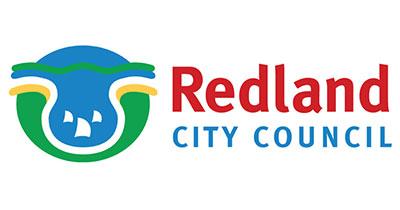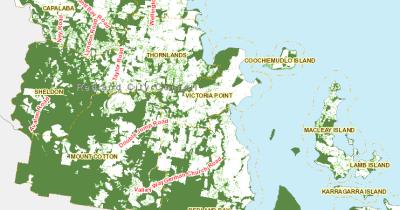What is town planning & why do we need it?

Town Planning – Why?
In our blog posted 5 years ago, we discussed why we have town planning. This blog further discusses the importance of planning for your development.
As mentioned before, there is a lot of talk in the press about “red tape”, and developers lamenting the extra time and costs to gain a town planning approval. If it’s so costly why do people do it? This is a good question.
Town planning underpins our whole economy!
The true source of wealth is in land. Therefore, if a country does not have a safe system to manage how land is created, managed and used, then its economy would not be as strong or secure. This can be seen in many third world countries.
Investment is made in situations of certainty and ability to estimate return. Town planning schemes are like the road rules for developing land and despite the anguish that is had in dealing with them and the rules we have to comply with to get an approval, the end result actually attracts investment.
Imagine what it would be like to try to get a loan for a house if you couldn’t be certain that the land value would remain because your land could become contaminated by an industrial factory starting up next door? You probably wouldn’t get the loan.
What does your town planner actually do?
A planner will normally begin with a review of the State constraints on developing a parcel of land. They are usually shown on the State planning maps. They are reflected in the Planning Regulation and State Regional plans.
Then the relevant Council’s local planning scheme is reviewed to check if the proposed development meets the assessment criteria in that scheme. Sometimes investigations into stormwater management, environmental values etc. need to be considered before making a decision to proceed.
Once it’s decided that the proposal could comply with State and Council planning rules a detailed planning report is prepared. This can be from 50 pages to several hundred pages long depending on how many assessment codes are involved. It can also involve providing complex engineering plans, building plans, and environmental reports.
Once this is prepared it is sent to Council for them to review and hopefully approve. The average period for a planning approval is 3 months with Council. Sometimes after the planning approval is obtained an engineering approval must be obtained which can take another 3 months. This is normally organised by the civil engineer who will prepare and submit the application along with detailed plans and reports.
The approval will then permit you to proceed with the development under the conditions laid out in the approval. After the project is completed there may be new titles that need to be created. A subdivision of new lots will need a title plan to be prepared by a surveyor and from there our plan sealing team will lodge the title plan for Council’s approval (plan sealing). After this you can proceed to the Titles Office.
So if you are thinking of developing your land give us a call and our friendly planners can provide guidance about the details of your project.







